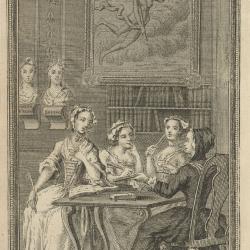
Essay periodical
BOULARD-JOUSLIN Claire
The rise of the leisure press after 1690 caused the appearance of new forms of middle-class sociability. The tea-table is a case in point, around which the two sexes gathered, read periodical essays together, which provided subject matter to polite conversation.
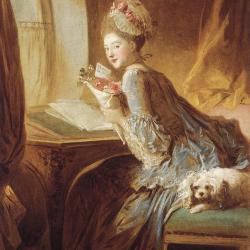
French epistolary novel
D'ASCENZO Federica
Profitant du phénomène éditorial que sont les secrétaires, liée aussi bien à la société de la conversation, dont la lettre est un prolongement et un succédané, qu’à la vogue des correspondances célèbres qui consacrent la lettre comme ‘petit genre’, la littérature épistolaire foisonne au XVIIIe siècle. Le roman par lettres, expression directe de la sociabilité de l’époque et d’une société dont il est le miroir, porte en lui l’esprit et l’évolution d’un siècle protéiforme qui construit les bases de la modernité à venir.
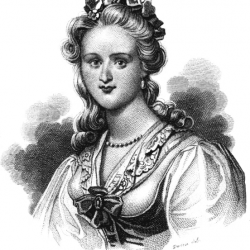
Marie-Jeanne Riccoboni
CHARRIER-VOZEL Marianne
England held a special allure for French readers. This attraction is evident in the titles Marie-Jeanne Riccoboni gave to her novels as much as in the names of her characters. Her correspondence with David Garrick and Robert Liston also reveals the fundamental role sociability played in both the circulation of theatrical works between the two countries and in the evolution of eighteenth-century theatrical creation.
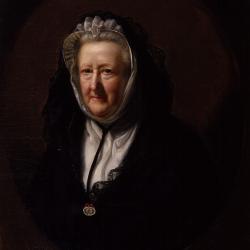
Mary Delany
KERHERVÉ Alain
Mary Delany (1700-1788) has remained famous for her correspondence and her flower collages. Her life also provides a perfect illustration of a woman seeking participation to collective activity and court, all the while relying on her sense of propriety to adapt to new sociable circles or to organize her own assemblies.

Notebook writing (and Romanticism)
PAGE-JONES Kimberley
Many Romantic poets and thinkers kept notebooks to jot down miscellaneous entries ranging from minute observations of natural objects, fragments of lectures or poems to records of dreams and nightmares, or metaphysical reflections.
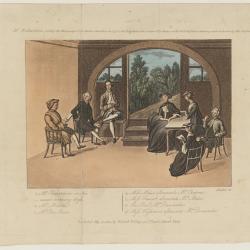
Reading
ADAMCZEWSKI Tymon
KERHERVÉ Alain
In the eighteenth-century, reading was often regarded as a collective activity of social significance. In many ways, the diversity of reading practices led to collective, sociable enterprises and generated lively exchanges between readers. This private, domestic practice also developed into public, scientific readings, at a time when the organization of society as a whole relied more and more on rising levels of literacy.